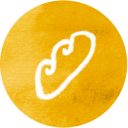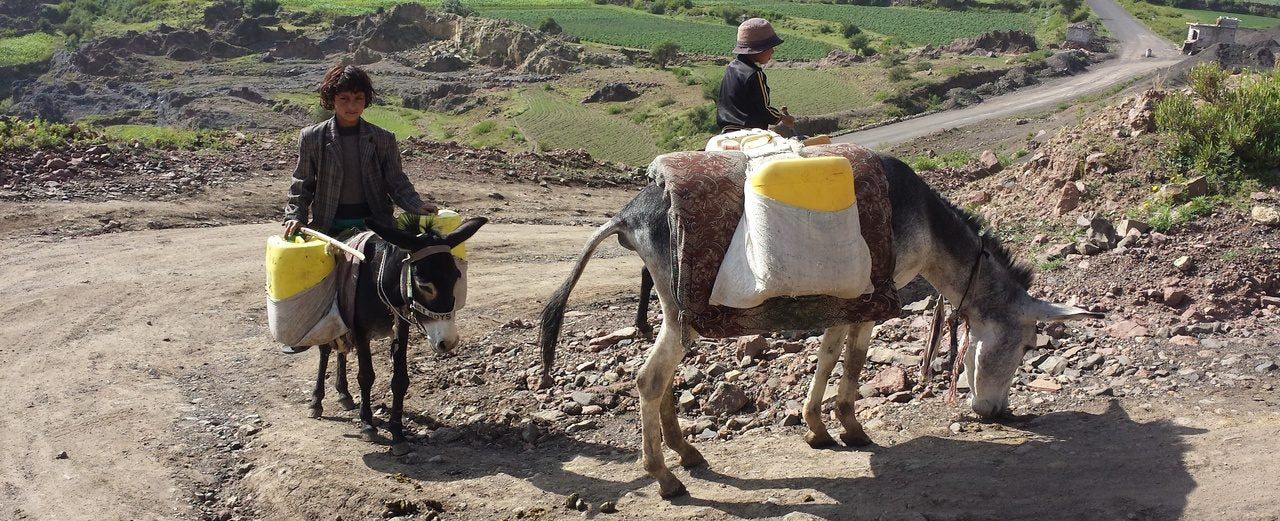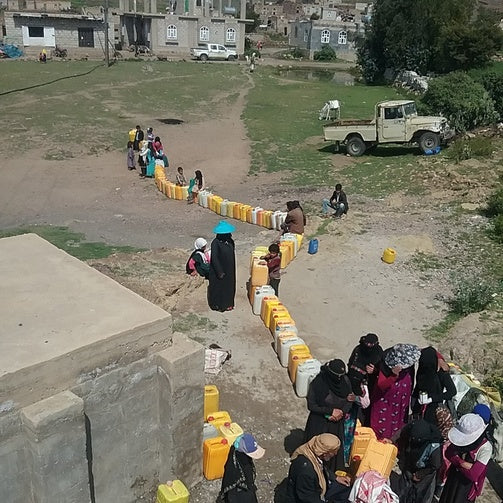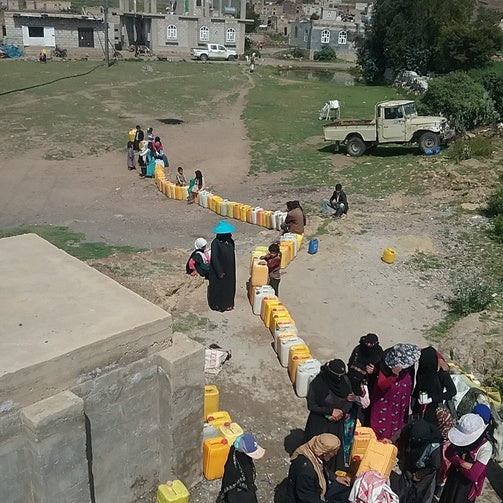Day 21
One month of filtered water for a family in Yemen
 Health through clean water! Health through clean water!
Health through clean water! Health through clean water!


Preventing diseases with water filters in Yemen

need
Clean water for families in Hajjah and Ibb, Yemen.
activity
Local NGOs procure water filters and distribute them to needy families to treat drinking water.
Measurable performance
Number of water filters that can be distributed to families through the good deed.
Result
Families and especially their children suffer less from diarrhea and other diseases.
Systemically relevant impact
The health situation of families improves sustainably and leads to better income and educational opportunities in the long term.
background


The good deed
AboutYemen
Sanaa
Capital city
30,500,000
Population
1.239
Gross domestic product
per capita per year
Rank 178 of 189
Human Development Index
(Human Development Index)





